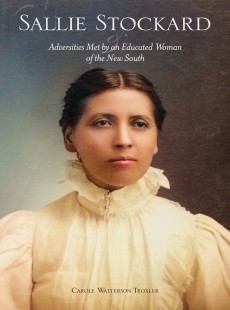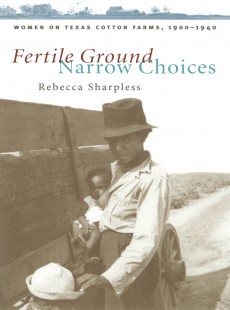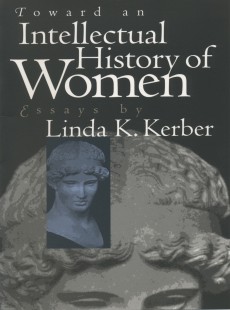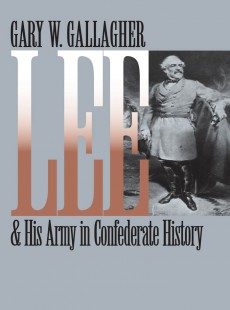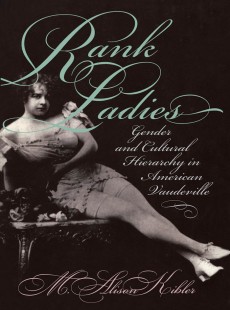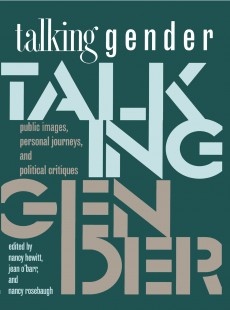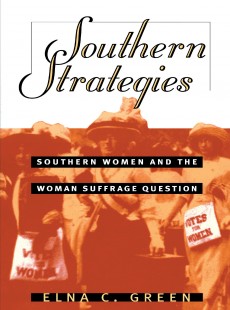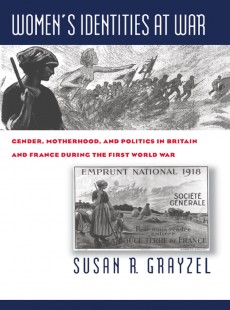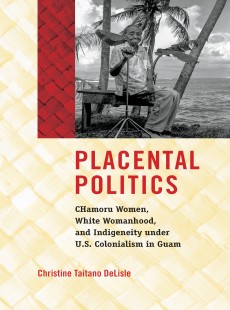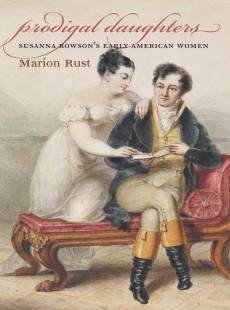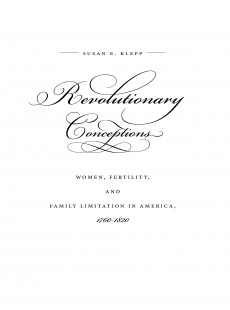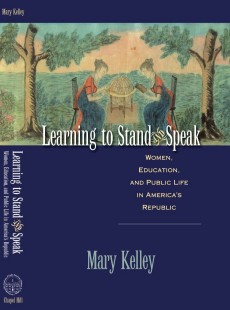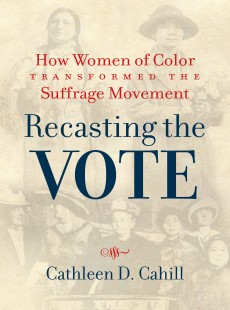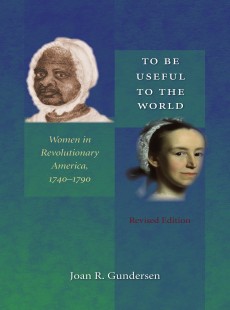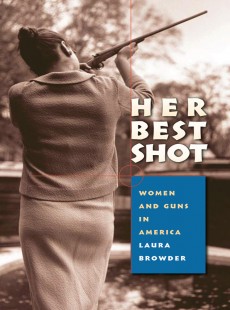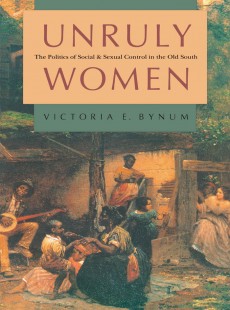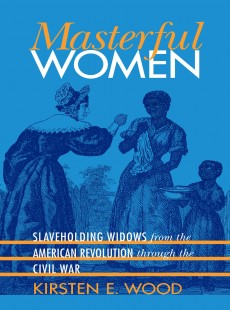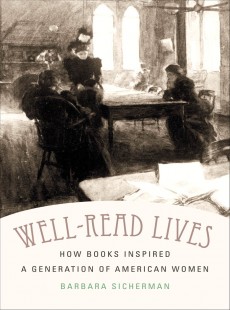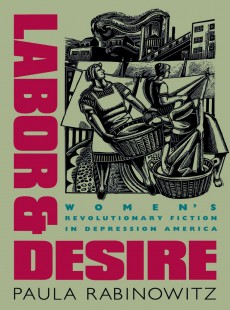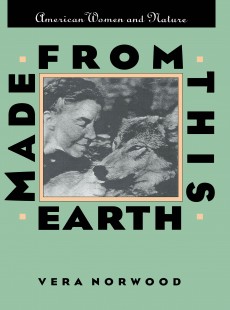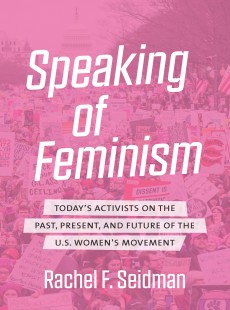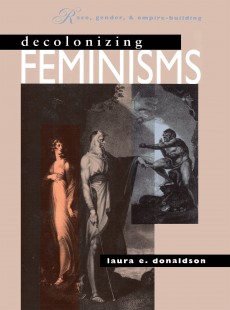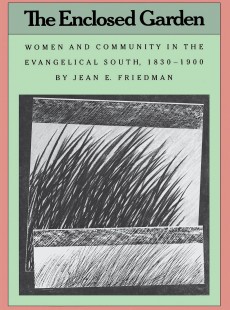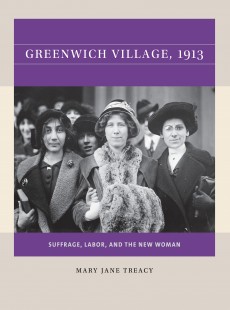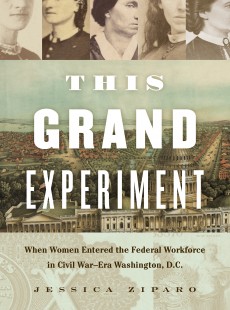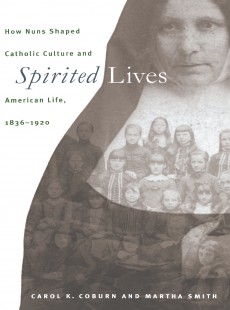U.S. History As Women's History
New Feminist Essays
Linda K. Kerber




 Publisher: University of North Carolina Press
Publisher: University of North Carolina Press
Imprint: The University of North Carolina Press
Published: 11/2000
Pages: 488
Subject: Social Science, History
| University of North Carolina
Print ISBN: 9.78E+12
eBook ISBN: 9780807866863
DESCRIPTION
This outstanding collection of fifteen original essays represents
innovative work by some of the most influential scholars in the
field of women's history. Covering a broad sweep of history from
colonial to contemporary times and ranging over the fields of
legal, social, political, and cultural history, this book,
according to its editors, 'intrudes into regions of the American
historical narrative from which women have been excluded or in
which gender relations were not thought to play a part.' State
formation, power, and knowledge have not traditionally been
understood as the subjects of women's history, but they are the
themes that permeate this book. Individually and together, the
essays explore how gender serves to legitimize particular
constructions of power and knowledge and to meld these into
accepted practice and state policy. They show how the field of
women's history has moved from the discovery of women to an
evaluation of social processes and institutions. The book is
dedicated to pioneering women's historian Gerda Lerner, whose work
inspired so many of the contributors, and it includes a
bibliography of her works. from the book The contributors to this
volume grew up into a world in which history was rigidly limited.
It paid little attention to social relationships, to issues of
race, to the concerns of the poor, and virtually none to women.
Women figured in it for their ritual status, as wives of presidents
like Abigail Adams or Dolly Madison; for their role as spoilers,
from the witches of Salem to Mary Todd Lincoln, or for their
sacrificial caregiving, like Clara Barton or Dorothea Dix. Even
when women like Sojourner Truth, Jane Addams, and Eleanor Roosevelt
were named by historians, the radical substance of their work and
their lives was routinely ignored. A very few historians of
women--Eleanor Flexner, Julia Cherry Spruill, Caroline Ware--worked
on the margins of the profession, their contributions
unappreciated, and their writing vulnerable to the charge of
irrelevance. Contents Part 1. State Formation Linda K. Kerber on
women and the obligations of citizenship Kathryn Kish Sklar on two
political cultures in the Progressive Era Linda Gordon on women,
maternalism, and welfare in the twentieth century Alice
Kessler-Harris on the Social Security Amendments of 1939 Nancy F.
Cott on marriage and the public order in the late nineteenth
century Part 2. Power Nell Irvin Painter on 'soul murder' as a
legacy of slavery Judith Walzer Leavitt on Typhoid Mary and early
twentieth-century public health Estelle B. Freedman on women's
institutions and the career of Miriam Van Waters William H. Chafe
on how the personal translates into the political in the careers of
Eleanor Roosevelt and Allard Lowenstein Jane Sherron De Hart on
women, politics, and power in the contemporary United States Part
3. Knowledge Barbara Sicherman on reading Little Women Joyce
Antler on the Emma Lazarus Federation's efforts to promulgate
women's history Amy Swerdlow on Left-feminist peace politics in the
cold war Ruth Rosen on the origins of contemporary American
feminism among daughters of the fifties Darlene Clark Hine on the
making of Black Women in America: An Historical
Encyclopedia
RELATED TITLES
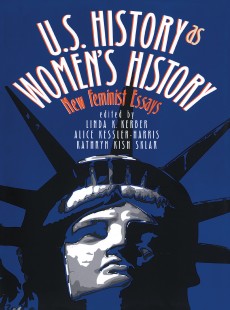
 Publisher: University of North Carolina Press
Publisher: University of North Carolina Press